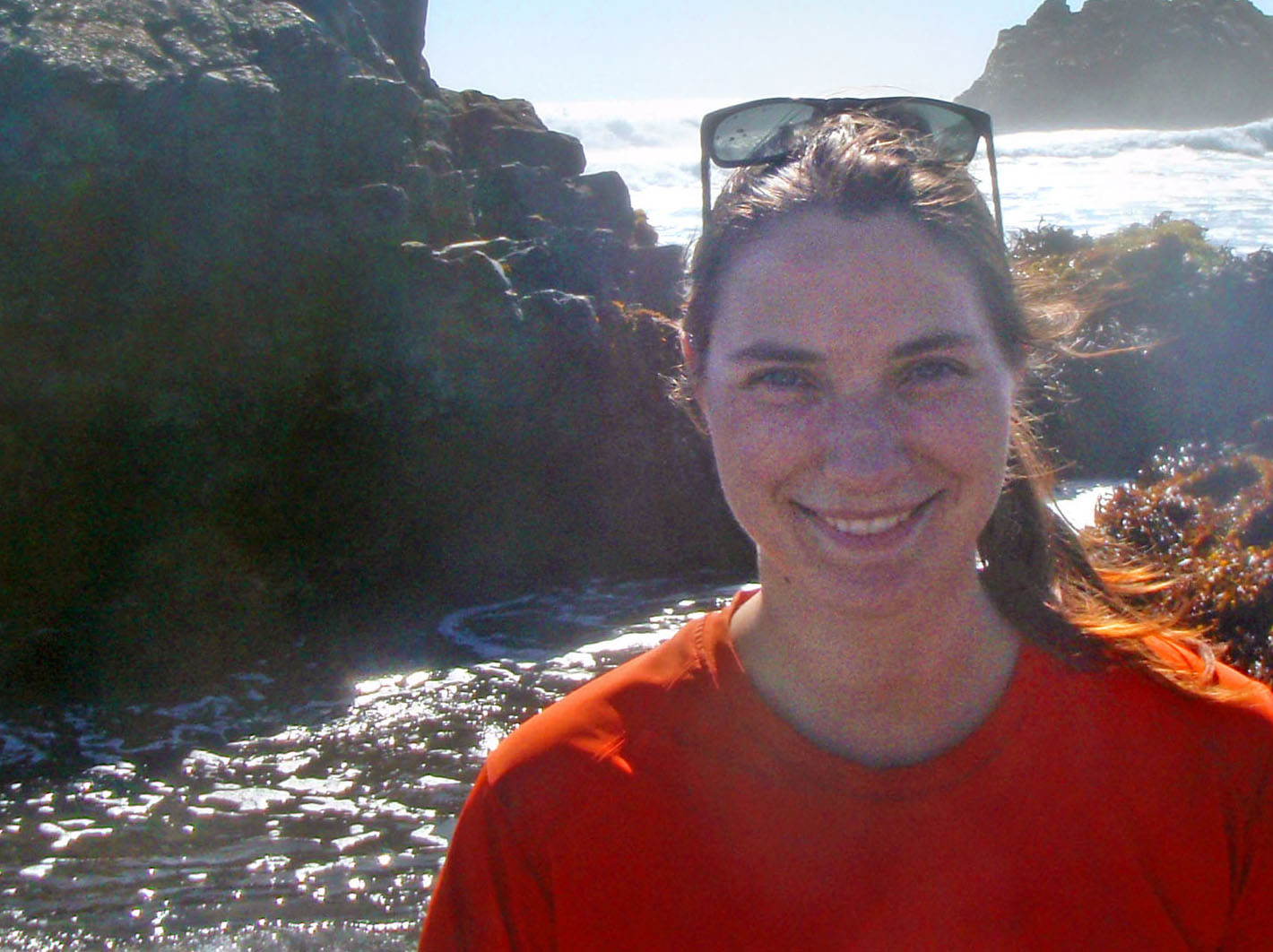
Lamb enrolled in 2007 with a general interest in marine biology. As an environmental science concentrator, she was mentored by Heather Leslie, the Peggy and Henry D. Sharpe Assistant Professor of Environmental Studies and Biology. Leslie connected Emily to an internship at the Estación Costera de Investigaciones Marinas (ECIM), the marine science research facility of the Pontificia Universidad Católica de Chile as part of a semester abroad in the spring of her junior year.
There she met biologist Jenna Shinen, an associate investigator at ECIM, who suggested the project that would become her senior thesis: an investigation of whether temperature affects the competition between two barnacle species along Chile’s shore. Barnacles are model animals for ecology studies, and climate change is among the more urgent questions in the field.
“Chile wasn’t even on my radar when I came to Brown, and barnacles certainly weren’t the type of marine biology I pictured myself doing, but in the end it’s been a really amazing experience,” Lamb said.
She was so excited by the work she was doing in Chile, that in her senior year she was making ambitious plans to return to Chile. She applied for a Fulbright grant to continue her studies after graduation and to transform her senior thesis into a peer-reviewed scientific article.
“I was lucky enough to win the Fulbright grant so I was able to return to Chile to finish the process of converting my senior thesis into a scientific publication,” she said. “I’ve had a great experience with both my thesis and my subsequent work in Chile. The researchers at ECIM have been fantastic hosts and colleagues these last two years.”
With her new paper in the Journal of Experimental Marine Biology and Ecology now on the books, the research assistant at ECIM is looking toward further academic pursuits. This fall she will begin her master’s in environmental management back in the States.
